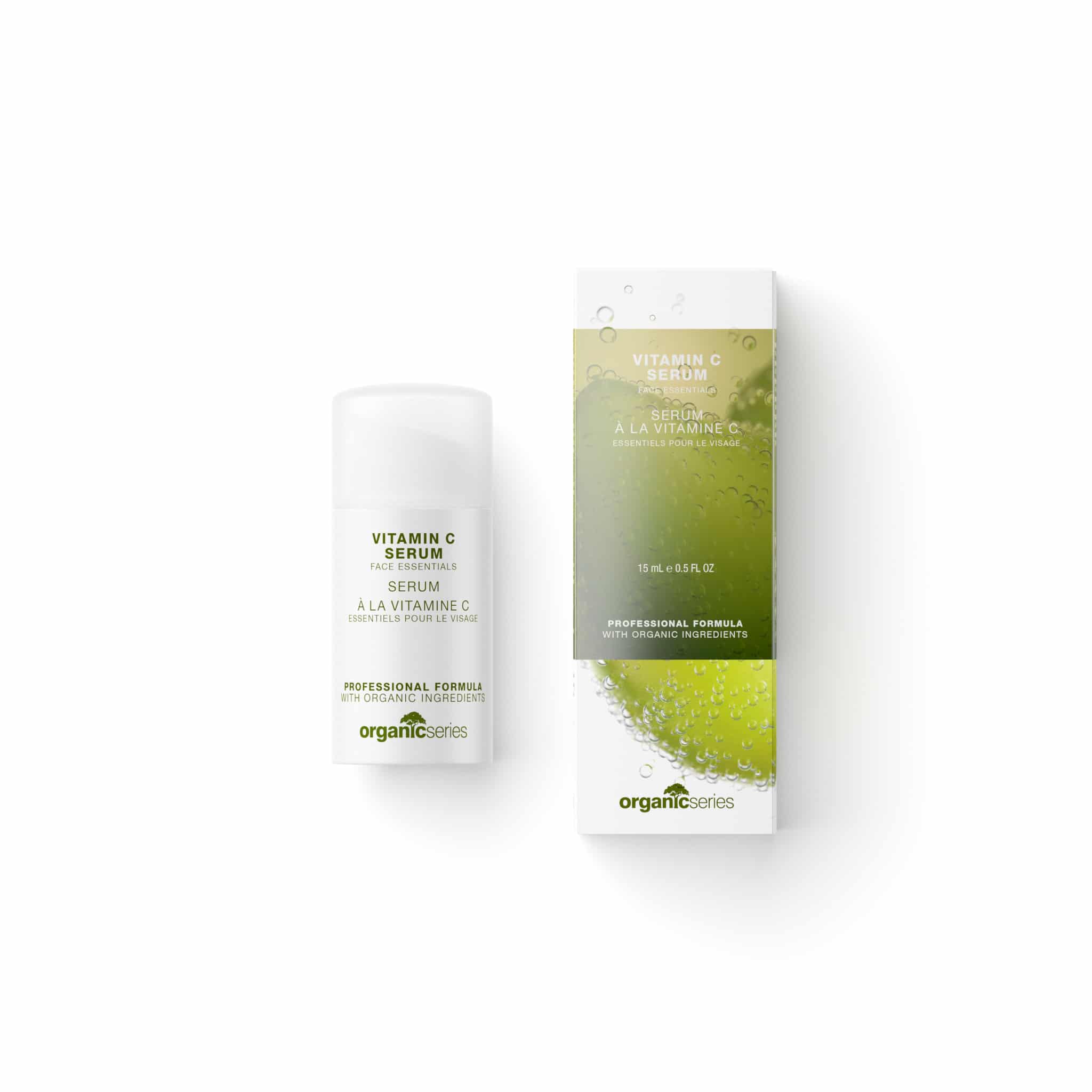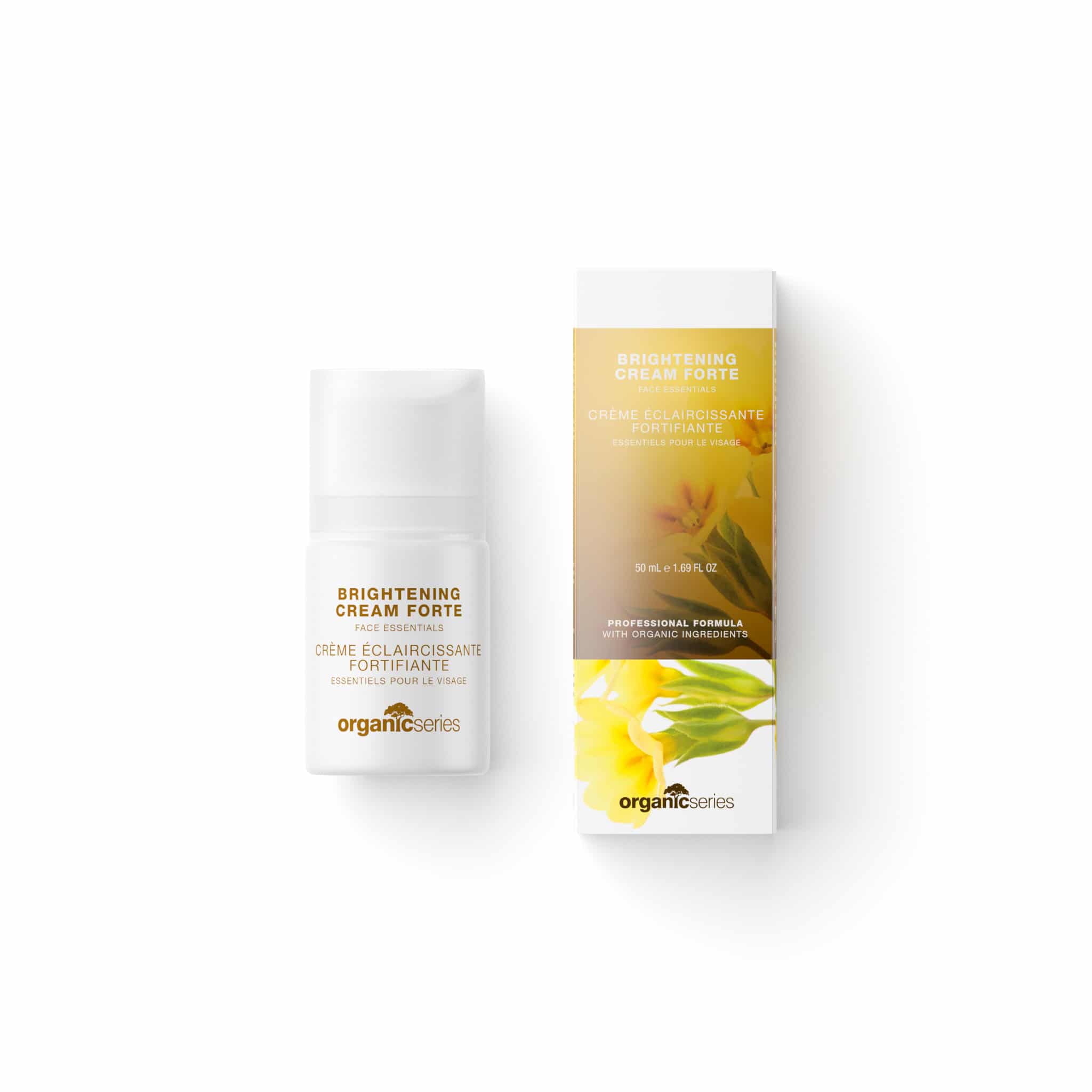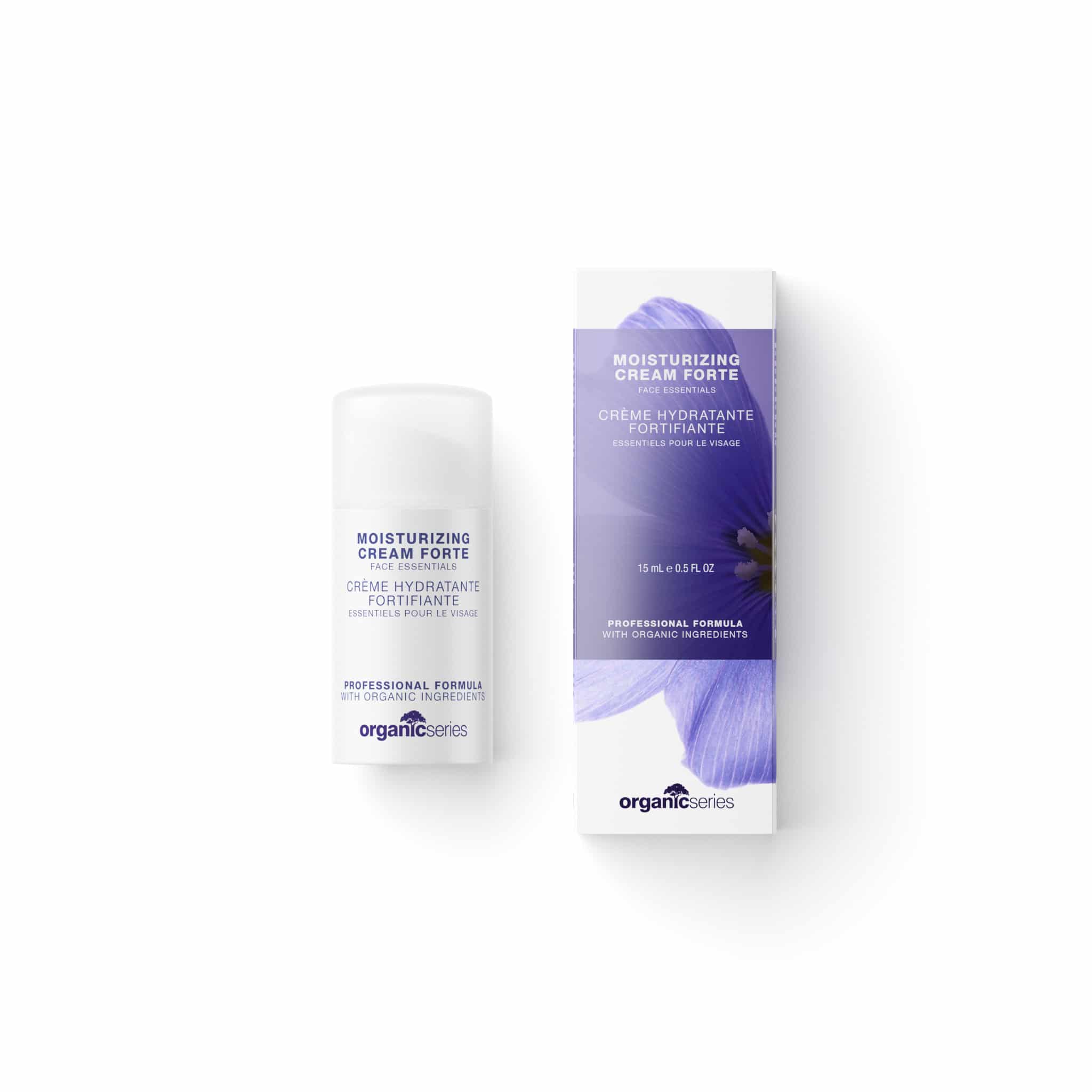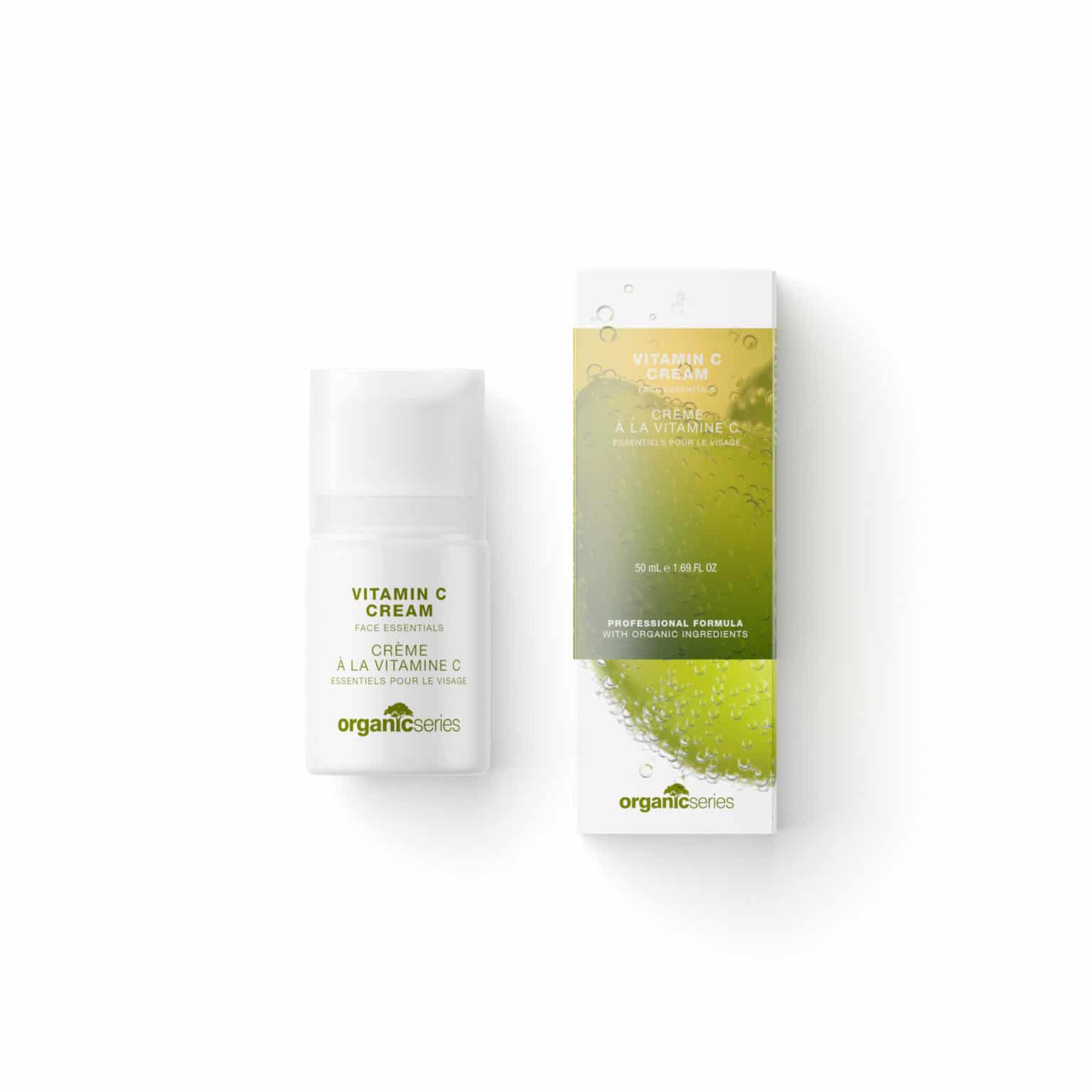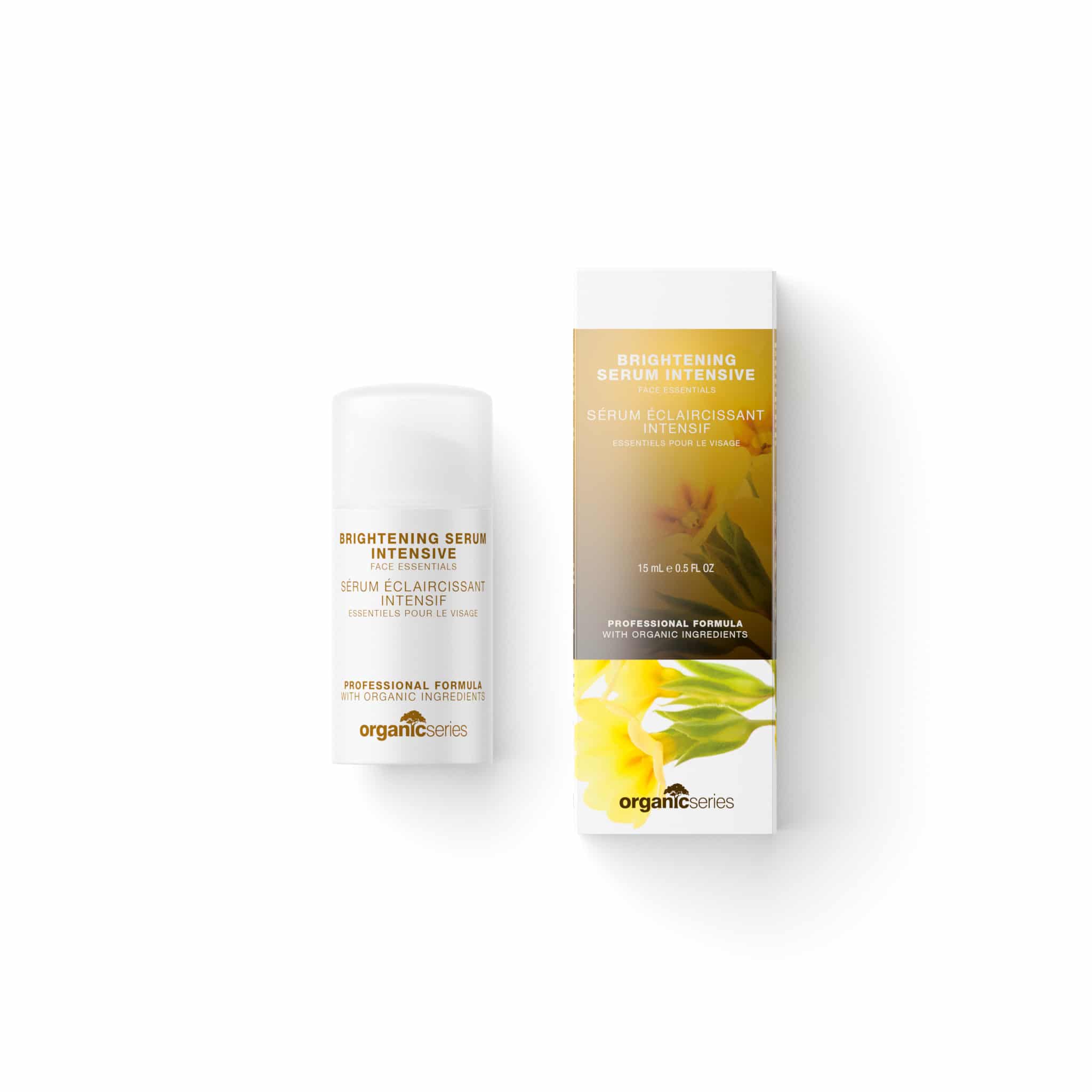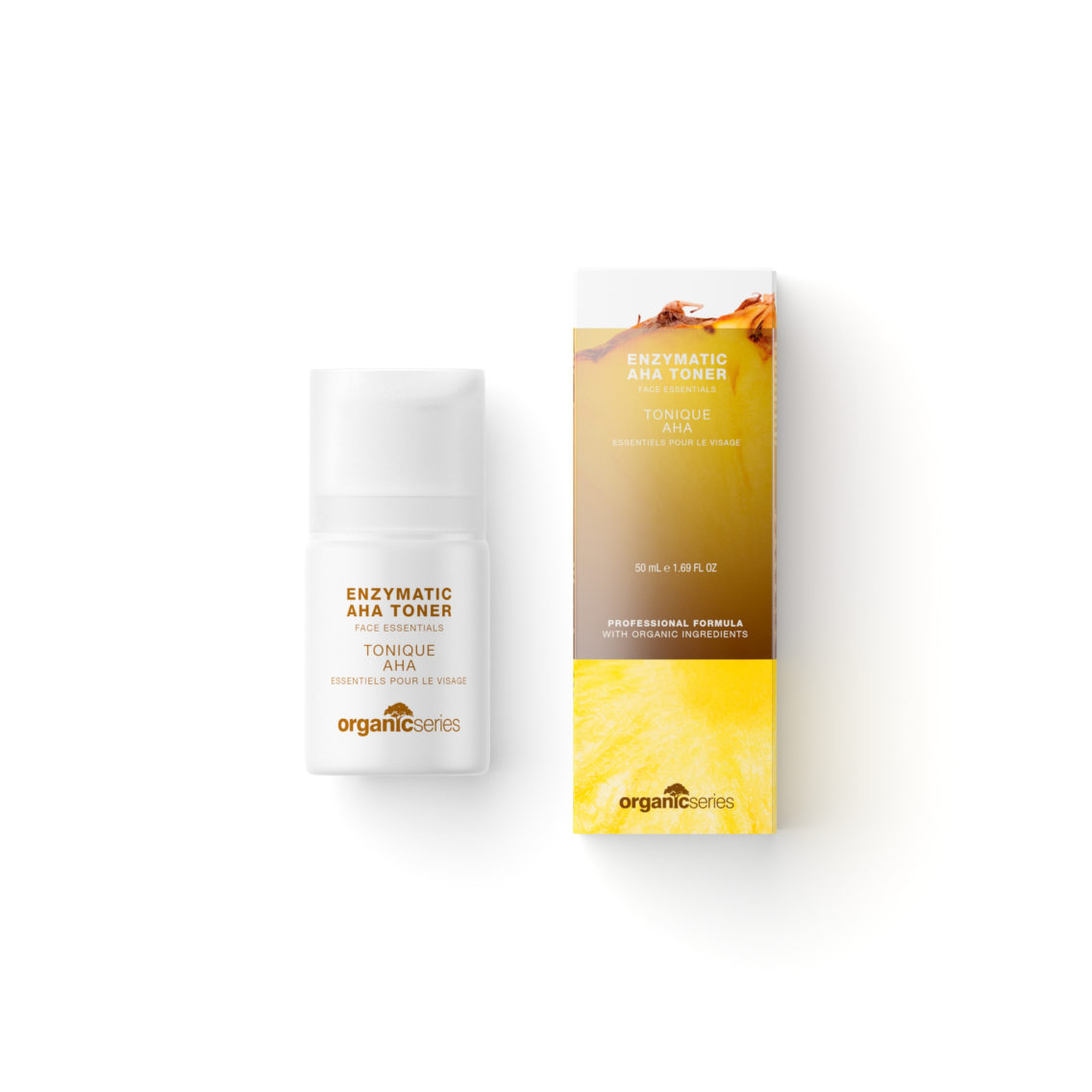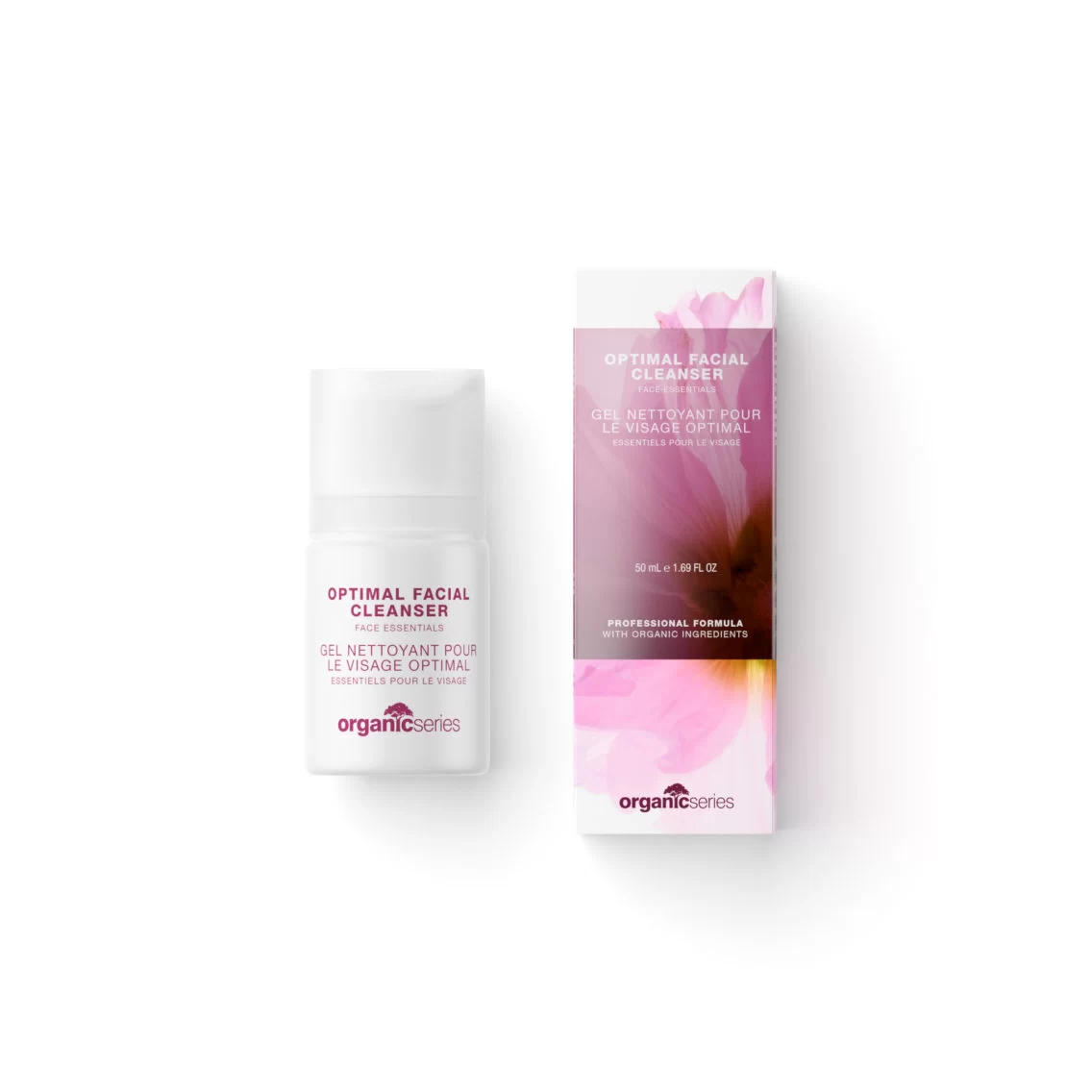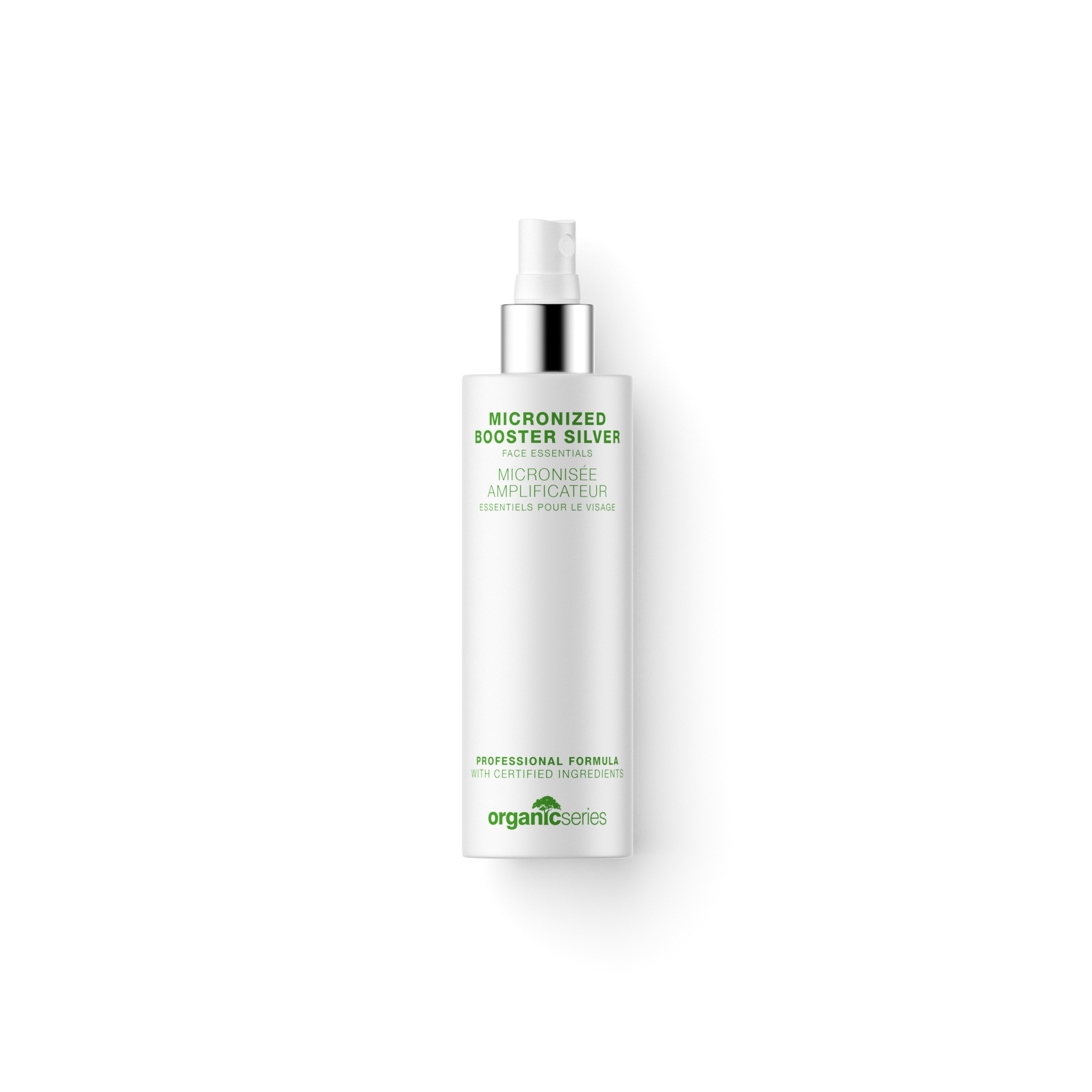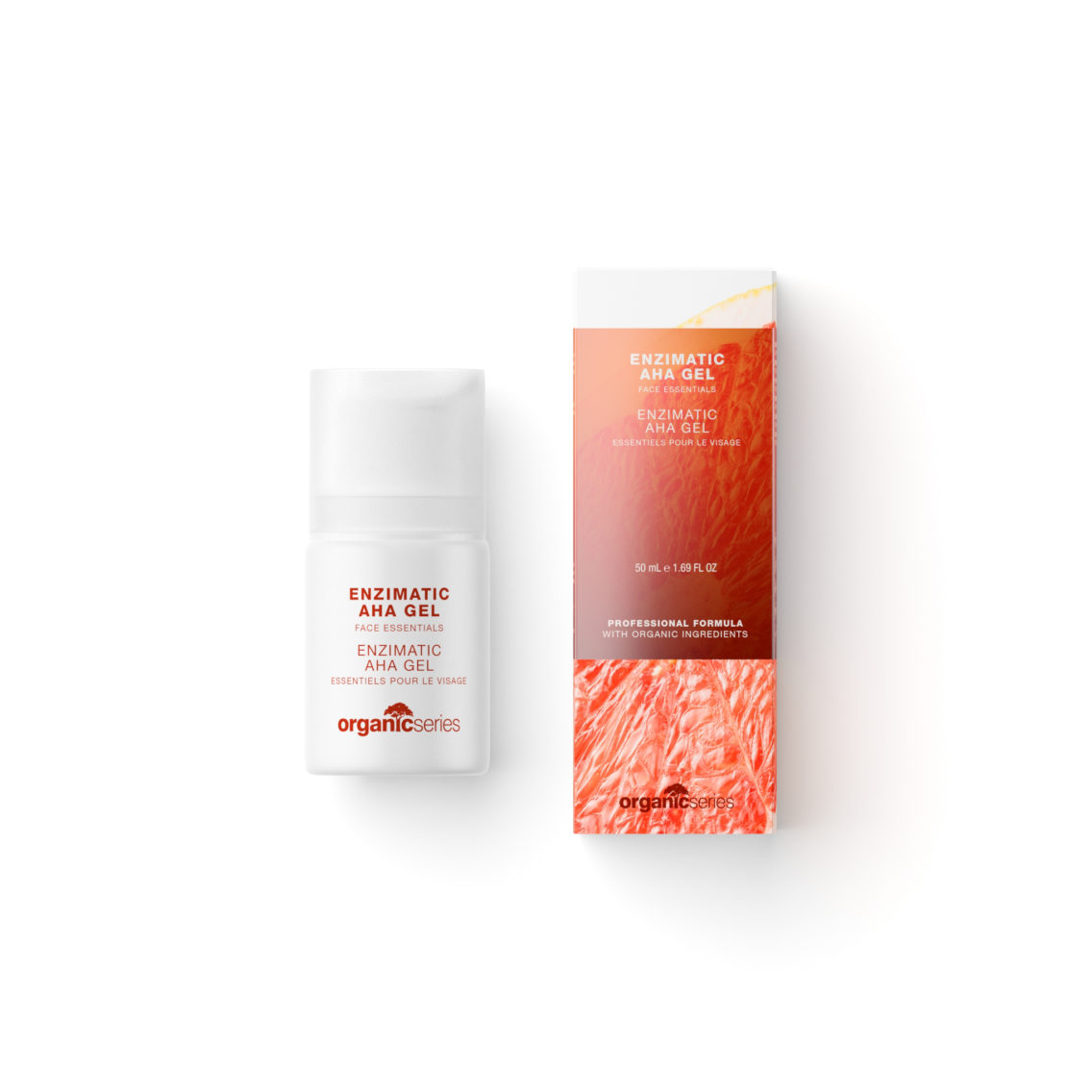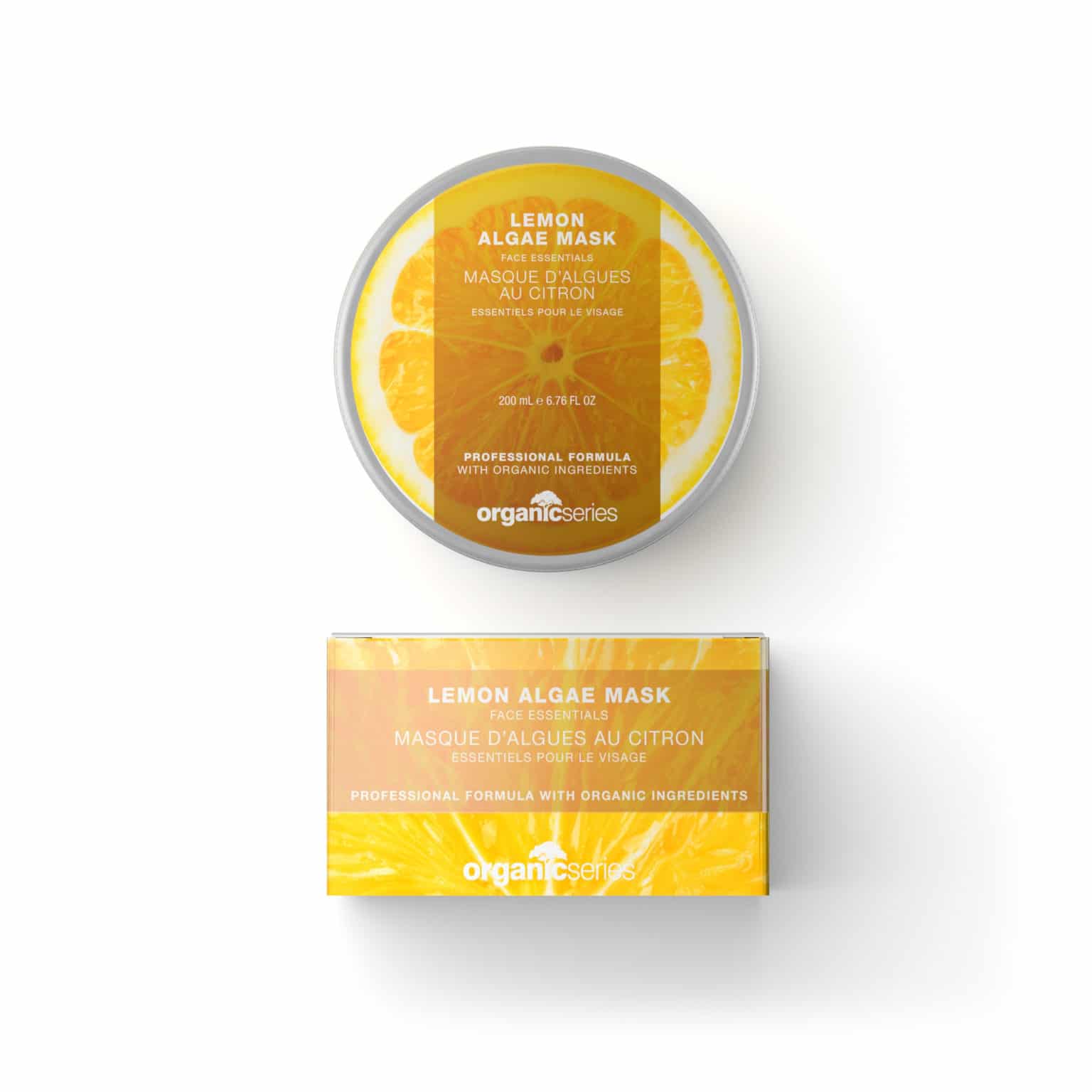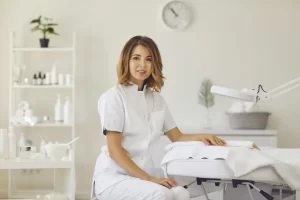Spend £30 more and get free shipping!
Skin Discolouration - Causes and Trearments
What causes discolouration? How to get rid of discolouration? How to take care of discolouration prone skin? How to prevent the formation of discolouration? Organic Series is here to answer all of your questions and help you take professional care of your skin.
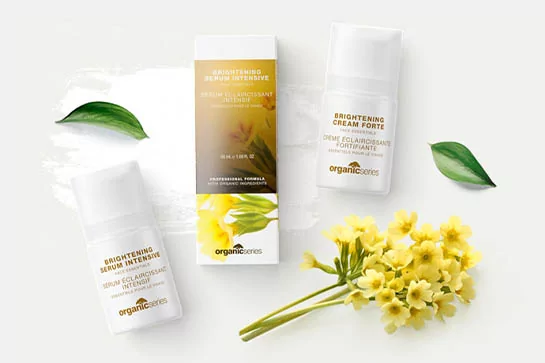
What are the causes of Skin Discolouration?
The colour of human skin, hair and eyes is caused by the presence of melanocytes and melanin – a pigment that accumulates in the deepest layer of the epidermis. Their production is activated by ultraviolet radiation, i.e. sunlight.
The hormones produced by the ovaries (estrogen and progesterone), the thyroid gland, pituitary gland and adrenal glands are also involved in the process. If there is a disturbance in the functioning of any of these organs, skin discolouration may develop. Discolouration is not caused solely by the overproduction of hormones. They can also be a consequence of inflammation.
This is how acne and dermatitis discolourations develop. As you can see, skin discolouration can occur for many reasons and at different stages of life. However, it most often affects women over 40 due to the hormonal issues. The most common causes of discolouration are:
- Excessive exposure to the sun
- Not using protective filters
- The use of some photosensitising substances and herbs
- The use of selected drugs (some drugs cause skin discolouration as a side effect)
- Hormonal disorders resulting from the malfunction of individual organs
- Using hormonal contraception
- Menopause
- Pregnancy
Where can Discolouration occur?
The location of the discolouration tells a lot about the cause of their formation.
Hormonal changes (pathological, but also pregnancy-related) most often occur in the forehead, cheeks and around the mouth.
However, discolouration can also be found in other places. Genetically conditioned freckles very often appear on the shoulders, neckline, shoulders and neck. They can also occur in any area of the skin that is exposed to the sun.
Post-inflammation discolouration can occur on any place of the body that has been previously affected by inflammation.
Excessive tanning often contributes to, for example, the formation of senile spots on the hands.
What are the types of skin Discolouration?
Discolouration can be divided into:
- Freckles – the skin of the face and body covered with freckles, i.e. small discolourations, the colour of which is deepened by the sun, is genetically determined. It is most common in people with fair skin and blonde or ginger hair
- Lentigo stains – irregular in shape with a yellow-brown or brown shade, especially on the face, hands, back and neckline. They are related to the age and natural aging of the skin or they appear due to the sun overexposure. While the former are impossible to get rid of (but can be brightened with professional treatments), the latter may disappear spontaneously after limiting exposure to UV radiation
- Chloasma (melasma) – irregular, brown discolouration on the face, focusing primarily on the forehead, cheeks and above the upper lip. Chloasma most often affects women of childbearing age. It is a form of hormonal discolouration;
- Post-inflammatory discolouration – appears in the place after inflammation, e.g. acne, trauma, atopic dermatitis, allergic reaction. People with dark complexion are more often affected.
How to avoid skin Discolouration?
The influence of the sun intensifies discolouration on the face and body. Even if the initial discolouration causes are hormonal or drug-related, without the stimulation of melatonin with UV radiation, they can be barely visible. That is why the key is prevention. The perfect solution are professional SPF filters, which limit the damaging influence of sun radiation.
Properly protected skin will also age slower – keep in mind that sunscreens are the ultimate anti-aging products. At the same time, it is worth remembering that cosmetics protecting against the sun should be properly chosen to match your skin type and reapplied every 2-3 hours. Incorrectly selected products may contribute to clogging the pores and creating inflammatory states, which can result in discolouration.
How to get rid of Discolouration?
For skin with discolouration, you can use the Brightening Organic Series treatment with the Melavoid ™ – Punarnava complex, which minimises discolouration of various origins. In addition, Vitamin C, used in a special ester form, effectively brightens and evens out the skin tone.
As part of additional careor the fight against discolouration, we also recommend the Vitamin C Organic Series line which combines two other forms of vitamin C to work on changes even more effectively.
Furthermore, introducing chemical peels can be extremely beneficial. The best results will be obtained in a beauty salon during a series of professional chemical peel treatments with Organic Series products. However, for the at-home treatments it’s best to choose a gentle Enzymatic AHA Toner or an Enzymatic AHA Gel.
Discolouration Skincare Routine
Discolouration Skincare Routine
Every Day Routine
Discolouration Skincare Routine
Once a Week
Brightening Cream Forte
Has a lamellar structure of the forte cream, which imitates the structure of human skin, facilitating the penetration of active ingredients. Applied both in the morning and in the evening, it will provide the skin with essential active ingredients, regenerate it intensively. It will also lighten and brighten discolourations. Reduces the visibility of freckles and senile spots. The formula deeply penetrates the skin to significantly improve its colour and eliminate pigmentation spots. Effectively lightens and evens out skin tone and minimises dark spots.
Brightening Serum Intensive
Lightens freckles, age spots, discolouration and imperfections. The formula deeply penetrates the skin to significantly improve its colour and eliminate pigmentation spots. The skin becomes moisturised and regenerated. Offers a lighter, uniform colour and a clear improvement in skin condition. The serum, like the cream, is responsible for providing the skin with valuable ingredients, but it has a higher concentration of active substances and is richer in compounds. Remember, however, that the serum can never replace a cream, so you should use them together.
Lemon Algae Mask
Best used once a week on cleansed and exfoliated face skin. In this way blood circulation will be improved and keratinised epidermis will be removed. It translates into increased effectiveness of the mask’s regenerative action. The natural lemon extract contained in the mask will wonderfully and visibly lighten discolourations of all types. In addition, it improves skintone, deeply moisturises it and regulates water management, tightening and firming the skin. Vitamin C will calm the skin and soothe any irritation, cleanse the skin of toxins and stimulate blood microcirculation.
Micronized Booster Silver
To enhance the products’ moisturising and regenerating effects and increase their absorption, spray your skin with Silver Micronized Booster before applying the product. Especially ideal for use with Organic Series serums.
You want to know more about proper skincare?
See our “ABC of daily skincare routine”, where you will learn key information about the various stages and a diagram of daily care. How to take care of your skin in the morning? How to use the products in the evening? In what order to use them for best effects?
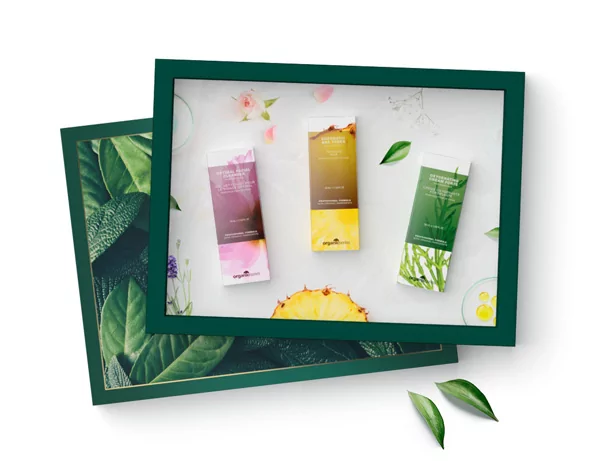
Feeling Lost?
For a Good Start!
If you don’t know where to start, choose one of Organic Series Skincare Gift Sets. You will find 3 basic products that are enough to start with. When you feel that your skin is ready for more – try introducing additional products such as serums, toners, acids and masks into your daily routine.


